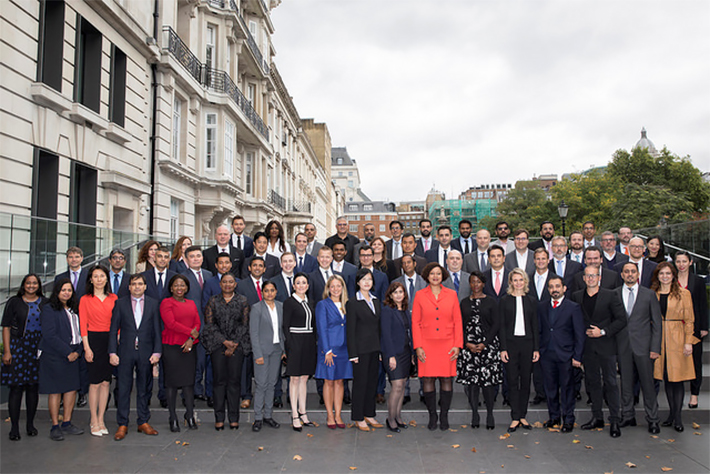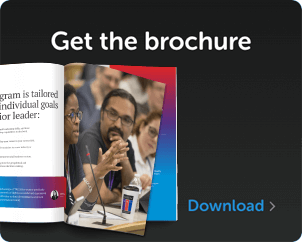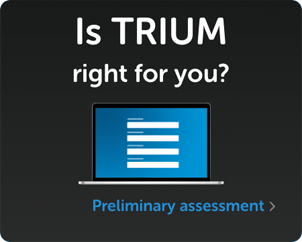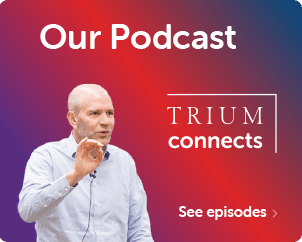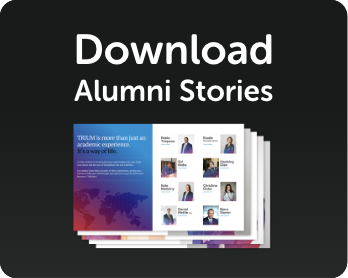
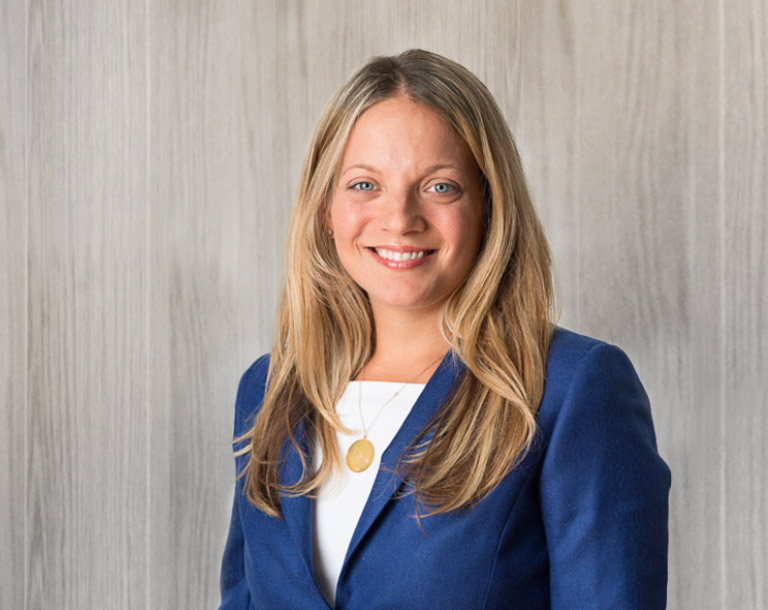
Jenna Pilat
TRIUM Class of 2019 student Jenna Pilat reflects on her journey so far. Jenna came to TRIUM with extensive public sector experience in international trade policy and global negotiations gained during the Obama administration, looking to make a positive impact and lead by example. Here she discusses TRIUM’ s power to expand the mind, builds skills, develop leadership, and cultivate networks…
You have spent the majority of your career working for the executive branch of the US Government as opposed the corporate world. What motivated you to take on an EMBA programme and why did you choose TRIUM?
I had always wanted to pursue an advanced degree, the time for it just hadn’t been available in my roles with the USG. With the change in U.S. presidential administration, I was able to dedicate more time to that goal. What to study and what program became the harder consideration.
I am interested in and passionate about many things and have had the great opportunity to work on a diverse issue set – most centered at the nexus of the public and private sectors, around solving problems on a broad scale that make (hopefully) a positive impact and developing teams that can really own those challenges, and deliver results. So I was looking for a program that would give me the foundational skills and the executive development to be a great leader anywhere – in the public or private sector – and a program that would surround me with others who have passion, experience, skills and ambitions, motivating me to learn and grow, and providing opportunities for collaboration in the future. TRIUM provided all of this, and with a global, integrated perspective that resonated with my experience and with what I expect to do in the future.
You and your fellow female colleagues make up 34% of the TRIUM Class of 2019. How do you see TRIUM’s role impacting your career and developing you and your classmates as future women business leaders?
And what a group of women! They are, each and every one, remarkable leaders; they inspire me. The world stands to benefit from more women in C-suites, boardrooms, government offices, VC firms, PE funds, any place where they have long been un- or underrepresented. And that starts somewhere. At present there are only 24 women CEOs of S&P 500 companies (that’s a tiny 4.8%). Slightly more than one in five members of those firms’ Boards are women. What stands between women and these roles? It’s not law. It’s not intelligence or capacity. So, it must be history – social, cultural and economic. How do we write the next chapter? We lead. We lead by example. We lead by expertise. We lead by trying and failing, by trying again and succeeding, and by building a network that supports one another through our efforts. TRIUM delivers this opportunity and I know our cohort will be a part of changing this reality.
TRIUM demands we expand. It builds skills, develops leadership, grows confidence, and cultivates networks. Those networks are global, cross-cultural, multilingual, cross-industry, -sector and –function, forward-looking and determined. As women leaders and women in business, we contribute to it and benefit from it. So do our male classmates. For me, TRIUM’s real impact is helping this multifaceted diversity move beyond noteworthy or desirable, to become necessary and expected. Beyond that, our Women’s Dinners are always a Module highlight for me!
Having transitioned from a ‘non-typical’ background, you are now exploring the business landscape as well planning the next step in your career. How is TRIUM meeting your expectations?
Honestly, I feel like it is my laboratory. Like many of my classmates, I am accustomed to learning on my feet, with little time to do so and big stakes on the line. With TRIUM, I feel like I am still learning at rapid-fire pace but with a team around to practice new skills (hello, valuation), test out ideas, brainstorm, ask questions, collaborate and explore more deeply the direction in which I want to go.
As I prepared to make a transition away from the public sector in the last year, I had assumed that I would need to develop an entirely new skillset and to be successful in the private sector. TRIUM has through the academic work, the faculty and my classmates, has helped me to realize that the skills for success across sectors are very similar – it is more the tools you will need, and the vantage point from which you focus. TRIUM has been instrumental in widening my aperture to these perspectives and adding more tools to the toolbox. It has also grown my network in a significant way – enabling global connections with amazing individuals with whom I share a passion, a favorite song, a bucket list trip destination, a past experience and whom I may never otherwise have known
You are now at the halfway point of the programme (Module 3 in Paris). How has TRIUM changed your mindset?
Halfway! It’s crazy, isn’t it? Time has gone so quickly. TRIUM immediately expanded my mindset and put me into a cohort that facilitated the process through their own diverse and rich experience, interests and passions. TRIUM has deepened my critical thinking – adding quantitative and qualitative lenses to the strategic and contextual ones I have been accustomed to. I now feel more effective dealing with the specifics of business operations and strategy, and integrating that into my existing skill set.
What has been your highlight so far?
There have truly been so many. But, overall? The people. I feel fortunate to be in this cohort and learn daily from my classmates and the incredible, expert faculty. The Class of 2019 is truly exceptional.
Describe TRIUM in 3 words:
Expanding. Challenging. Catalytic.
If you could create a new TRIUM Module, where in the world would it be and what would be the focus?
I think there are a lot of interesting things happening in West Africa, so I would pick Abidjan, Côte d’Ivoire and focus on emerging market strategies, specifically covering agribusiness, energy, supply chain / cold chain, and infrastructure.
The other interesting area that could provide a rich context for a module would be the rapidly expanding Smart Cities sector and the Internet of Things. It would be eye-opening to do this in one of the focus cities in Prime Minister Modi’s Smart Cities Challenge in India, or in a world leader in this area, like Seoul or Singapore.
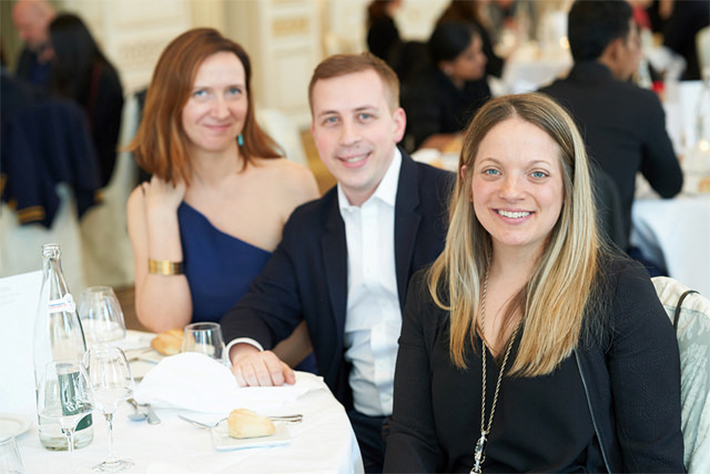
Graduation dinner
